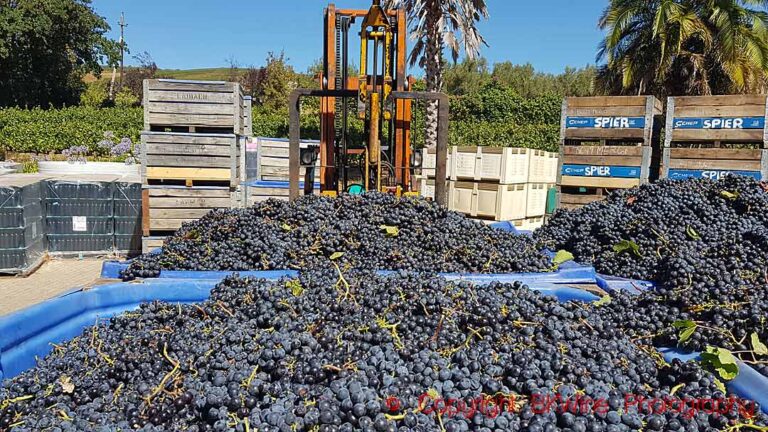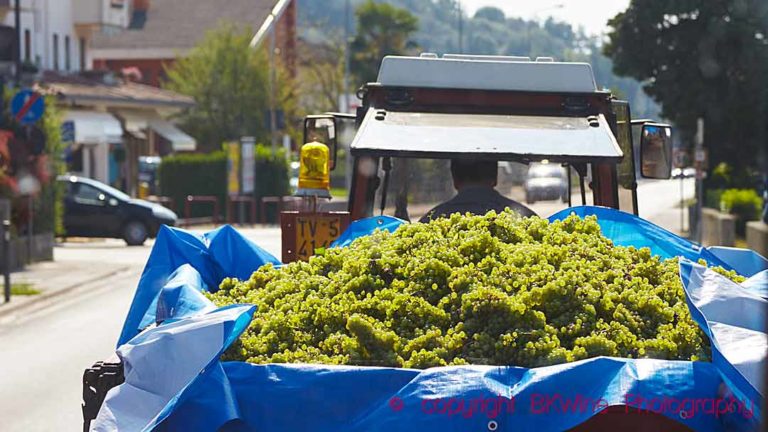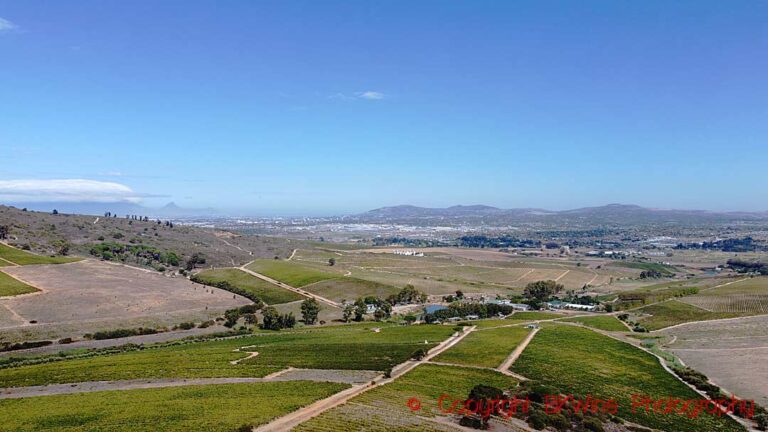One of the biggest (if not the biggest) importer of exclusive clarets to the US, Diageo Chateau & Estates, has closed down its Bordeaux business in America, as we wrote in the Brief # 77. The very extensive stock of Bordeaux wines that they had is now finding its way on to the market. For the consumer this might mean that there will be ample supply of not-so-expensive luxury wines. A sudden increase in supply (by e.g. someone who’s dumping his stock) usually leads to falling prices.
For others it can be less positive: The importers that are still active on the American markets see their stock falling in value and have difficulties in selling it without making a loss. For the wine chateaux it can also be a headache. It may become more difficult to sell new (or recent) vintages and it can also give a bad image if prices fall so that those consumers who have recently bought their wines, e.g. as primeurs (wine futures), now see the same bottles for sale at lower prices than what they paid for them previously (at supposedly favourable primeur rates).
Some wine chateaux have tried to dampen these negative effects by buying back from the market wines that they sold (perhaps more expensively) a few years ago. AFP (Suzanne Mustacich) cites as an example Chateau Gruaud Larose who has even launched a press release to try and put a positive spin on it: that it has given them the possibility to replenish their own cellar with vintages that they no longer had… Even Chateau Petrus is rumoured to have done it.
Perhaps one can compare it with enterprises who implement corporate share buy-back schemes when management considers that the stock market does not value their share high enough? What do you think? A positive or negative development?









